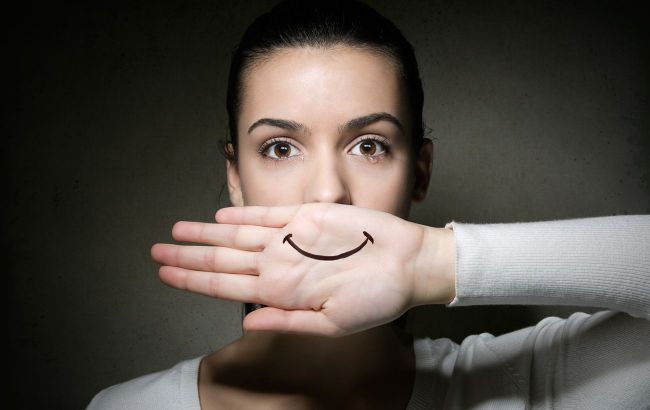Scientists weigh in on whether a fake smile can boost mood
 Even insincere smile can sometimes cheer you up (photo: freepik.com)
Even insincere smile can sometimes cheer you up (photo: freepik.com)
Whether an insincere smile can make a person feel better is a controversial issue that scientists have been debating since at least the time of Charles Darwin. At the same time, the results of laboratory tests can differ significantly from real life. Find out what is known about the hypothesis of facial feedback, the results of laboratory studies, and the likelihood of their "implementation" in real life, according to Live Science, Psychological Bulletin, Perspectives on Psychological Science, and ResearchGate.
Laboratory studies
The hypothesis of facial feedback, which originates from the assumptions of Charles Darwin and William James, is that a person's facial expression directly affects their emotional experience.
Numerous laboratory studies conducted by our contemporaries often yield similar results - even a fake smile can cheer you up a little.
Given these research results, some scientists advise smiling more often, even when there is no good reason to do so.
Marie Cross, Assistant Teaching Professor at the Department of Biobehavioral Health at Pennsylvania State University, says that when you feel down and don't have time for typical cheerleading, smile (even if it's a fake smile) to trick yourself and your body.
According to her, studies conducted over the past few years have shown that a fake smile in a laboratory setting can improve mood.
Real life
Whether faking a smile can make you happier in real life is a more complicated question. It is a matter of debate between different scientists and there's still no clear answer.
Nicholas Coles, a Research Scientist at Stanford University who studies emotions, emphasizes that it's like the difference between smiling at a puppy in a photo and smiling when you look at a blank wall.
He proceeded to say that it turned out that smiling can not only increase your level of joy from puppies, but it can also make you happy in an otherwise neutral context when you have no real reason to feel happy.
At the same time, it is not known for certain whether this technique works in real life. This is primarily because, in real life, the human brain receives much more data (information) than in the laboratory.
Cooperation of body and brain
The international group of researchers with different views on the hypothesis of facial feedback was called The Many Smiles Collaboration.
In 2022, it published the results of a study conducted with more than 3,800 participants from 19 countries.
As part of the experiment, people were asked to smile in three different ways:
- looking at a photo of a smiling person and copying their expression
- following step-by-step instructions on how to smile
- holding an ordinary pen in your mouth.
In the first two cases, people's happiness increased (according to them), while in the third case, the result was unclear and ambiguous. At the same time, it is still not known what processes occur in the brain.
Some experts believe that a smile triggers a certain neural pathway associated with happiness, which creates a full-bodily reaction. The brain then interprets this reaction as happiness. According to Coles, this idea is quite controversial.
Other scientists suggest that the brain simply perceives a smile as a cue that you are happy, or that fake smiling turns on feedback between the brain and body, making people think about positive experiences (memories).
According to Cross, if your face tells your brain that you are happy, but everything else indicates the opposite, smiling will not change anything in your emotions.
The researcher concluded that she doesn't think a few smiles a day can do you any harm, just to see if it will affect your mood.
Earlier, we talked about the simplest ways to increase the level of happiness hormones.
Also, read what you should never eat after brushing your teeth to keep your smile white.

